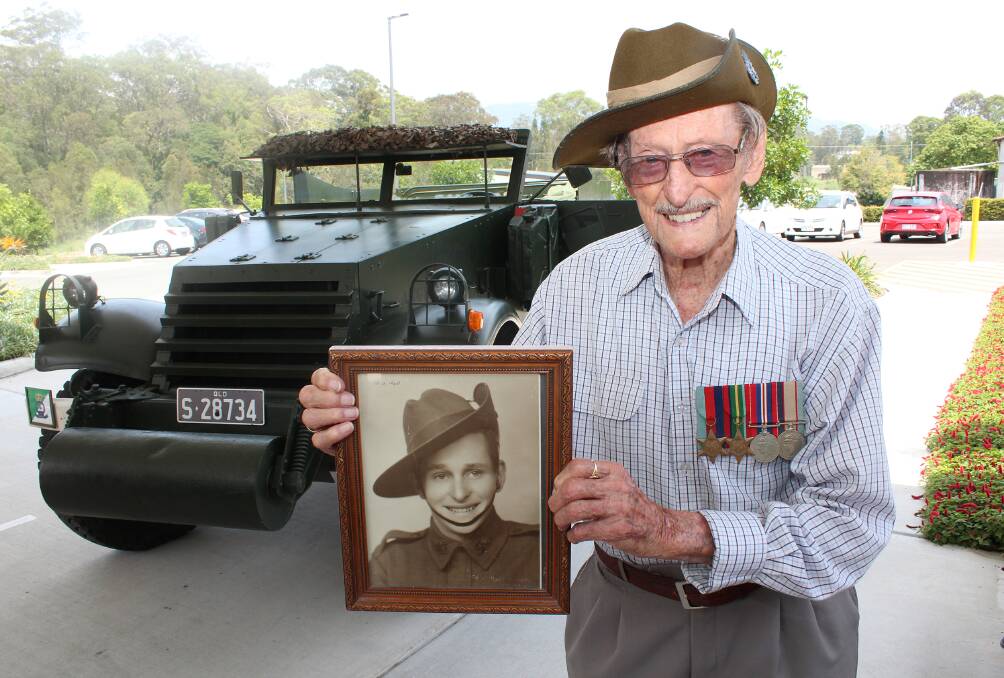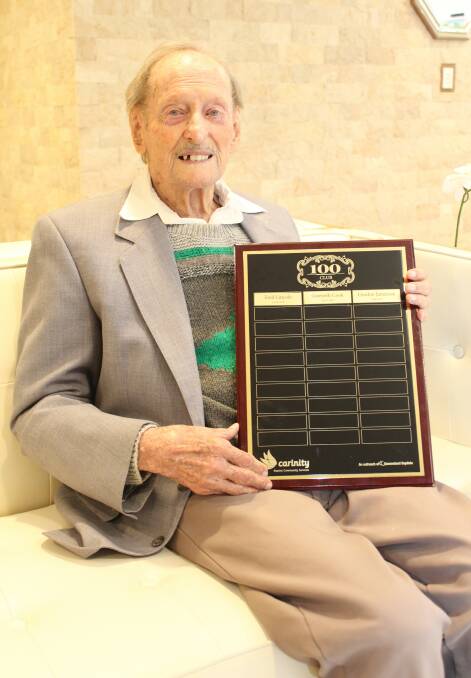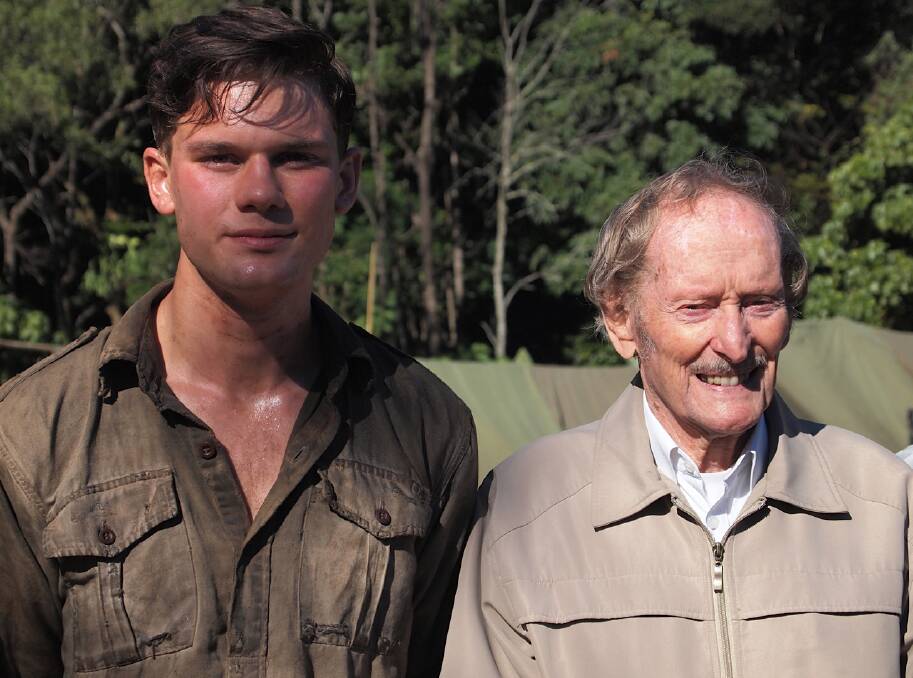
One of the last remaining survivors of the infamous Thai-Burma Railway has died on the Gold Coast.
Create a free account to read this article
$0/
(min cost $0)
or signup to continue reading
Gordon Jamieson, who lived at the Carinity Cedarbrook aged care community at Mudgeeraba, died at the age of 102.
Gordon was a prisoner of war who laboured on the infamous Thai-Burma Railway during World War II.
After fighting in the Malayan campaign with the Australian Army, Gordon was captured by Japanese troops in 1942.

He then spent almost four years as a prisoner of war.
Held in Changi prison, he and other prisoners were forced to work up to 18 hours a day on construction of the Thai-Burma Railway, building embankments, bridging creeks and digging cuttings with picks and shovels.
"On the completion of a strenuous day at work our boys would commence the walk back to camp, several kilometres in pouring rain with little or no footwear," Gordon wrote.
"Then someone would start to sing a tune... and others would follow, and the heads would be lifted proudly.
"The workforce had been reduced to one-third strength due to illness and death, mostly caused from diseases and tropical ulcers resulting in limb amputations."
About 16,000 prisoners of war, of which about 2800 were Australian, died on what was dubbed the Death Railway.
Only five of Gordon's small platoon of 16 soldiers survived the war.

On his return to Queensland, Gordon operated a cafe, worked in a chicken abattoir, owned welding and tractor businesses and raised three children with his wife Shirley.
Gordon also lobbied Australian and Japanese governments for reparations for prisoners of war and visited the set of the 2013 film The Railway Man, based on the Thai-Burma Railway.

"My wartime experiences convinced me of the futility of war. The memories of my war are not those of victorious battles or ignominious defeat, but of the human spirit of our Australian soldiers," Gordon wrote.


